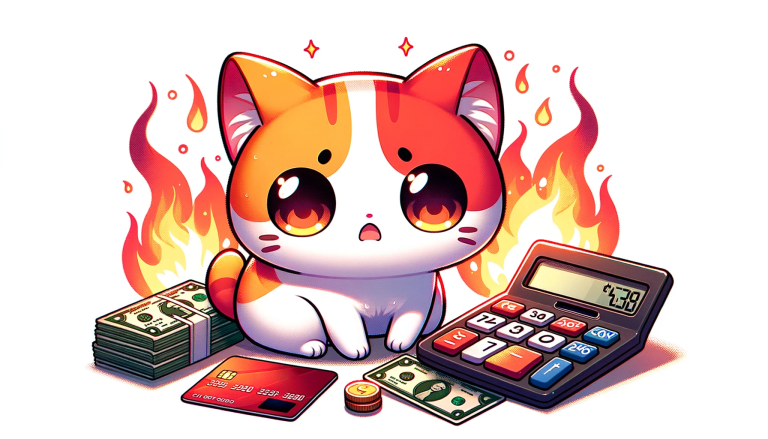In a recent query on Reddit, an individual highlighted the intricacies of handling debts post receiving an inheritance. They wondered about the obligations tied to credit card debts after obtaining an inheritance as the beneficiary of a deceased’s savings accounts.
Quick Facts
- Location and Scenario: The event transpired in Florida where the deceased’s daughter discovered her sole beneficiary status after her father’s demise.
- Credit Card Debts: Upon delving into the deceased’s possessions, credit card debts amounting to $3100 were unearthed, attributed to companies like Chase and Citi.
- Non-probate Assets: If a person is named a beneficiary, the inheritance does not undergo probate and remains separate from the deceased’s estate.
The individual mentioned that after their father-in-law’s demise, they contacted his bank and learned of their wife’s beneficiary status. This prompted the bank to send her the remaining account balance post reviewing the death certificate. The man later chanced upon some credit card debts when examining the deceased’s laptop, leading to concerns about potential obligations tied to these debts. The inheritance did not need to go through probate, and the bank sent the funds upon confirming the death and the wife’s beneficiary status.
Several responders on the platform shed light on the matter. They iterated that if one is the beneficiary of an account, it’s recognized as a non-probate asset. Consequently, only the deceased’s probate assets would be subject to probate. Moreover, the deceased’s debts would be handled using these probate assets. It was further mentioned that certain assets, like a house, are probate assets. Hence, they would need to undergo probate and be available for creditor’s claims. Additionally, handling these matters without legal guidance can lead to potential complications.
Others, with similar experiences, chimed in with their insights. They shared encounters of being told they were liable for a deceased family member’s debts. They emphasized that heirs are not responsible for these debts and should not be pressured into settling them. In several instances, small debts were even written off by credit card companies without seeking repayment.
| For Further Reading |
|---|
| Probate: Probate is a legal process that deals with the assets and debts left behind after someone’s death. It ensures that creditors are paid properly and that assets are distributed correctly to the heirs and beneficiaries. In cases where there is no will, probate helps determine how the assets will be divided. The length and complexity of the probate process can vary depending on various factors, such as the state’s laws and the size of the estate. [Wikipedia] |
Q&A
Are heirs responsible for the deceased’s credit card debts?
No, heirs are not obligated to settle the credit card debts of the deceased. These debts are managed using the deceased’s probate assets.
What are non-probate assets?
Non-probate assets refer to assets that don’t have to go through the probate process after the owner’s death. These include assets with designated beneficiaries, like life insurance or certain bank accounts.
Can credit card companies claim repayment from non-probate assets?
No, credit card companies cannot claim repayments from non-probate assets. These assets are separate from the deceased’s estate and are directly transferred to the beneficiaries.

